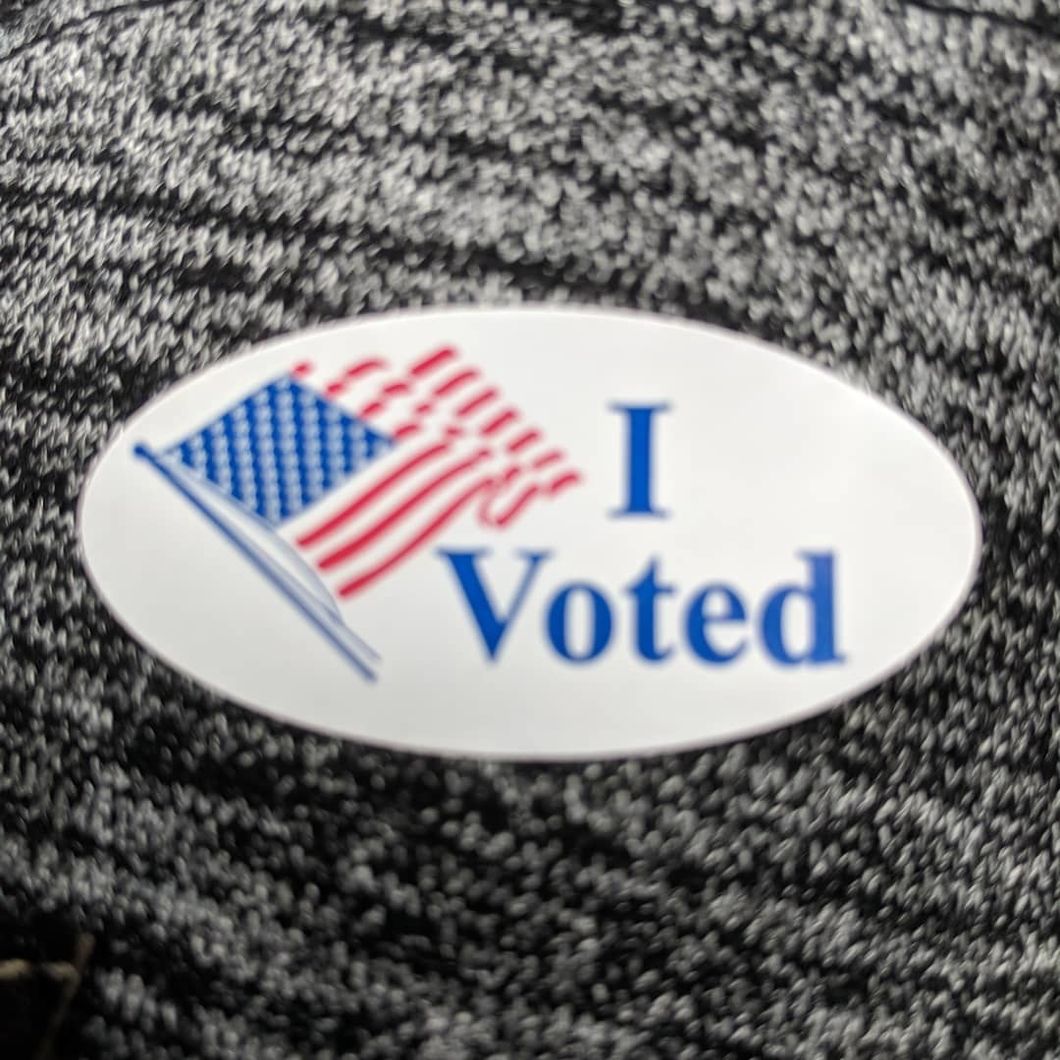If you live in the United States, which you likely do for a duration of time if you find yourself reading this as a part of the Middle Tennessee State community, you'll have a basic understanding of how elections work; this article will work on the assumption, however, that you don't have a full understanding of greater government and why your vote matters in congressional elections, because unfortunately, midterm elections have an average turnout rate of less than 40% (according to fairvote.org's study).
After our most recent presidential election, where the losing party actually won the popular vote by more than three million votes, many frustrated Americans questioned the necessity of the Electoral College, saying that it was undemocratic and that elections were unnecessary if the Electoral College gets the ultimate say in presidential elections. First, I'll explain why the United States has such a unique system of voting, then I'll explain how this pertains to midterm elections.
In the year 1804, Congress voted to pass the 12th Amendment, which instituted the Electoral College in order to help even out the vastly different regions of the growing United States; Men in the country were less likely to be able to participate in voting than those who lived closer to the then-metropolitan areas of a given state. In theory, this helped moderate voting so that everyone's voices were heard. This is not dissimilar from the attempt Congress made with the institution of the Connecticut Plan (which combined the New Jersey and Virginia plan, giving Congress a Senate of 100 people and the House of Representatives however many congressmen that could represent the population of each state), which was aimed to give the individual states themselves more representation.
Fast-forward to how the Electoral College operates today. Ultimately, the Electoral College operates the same as it always has, but now has unintended side effects; Congress now has more power than the actual people voting do! But never fear, because there is a solution! When you go to the polls this November, you will be voting on who gets a vote in the Electoral College. Keep in mind that technically speaking, elected members of Congress are actually under zero obligation to vote in the direction of their state (called "faithless electing") and this is extra frustrating when your party is the minority party of your state.
Hopefully, someday when all of the students reading this meet the age requirements set in the 17th Amendment, we can find a way to pass a new Amendment that repeals the Electoral College… But until then, the best thing you can do is to continue to vote in midterm elections. Without a Congress, nothing can get passed into law and nothing can change. Your future depends directly on your vote! Those not registered to vote, please visit://www.usa.gov/register-to-vote before November elections. And remember, though "con" is the opposite of "pro", Congress does not have to be the opposite of Progress.



















